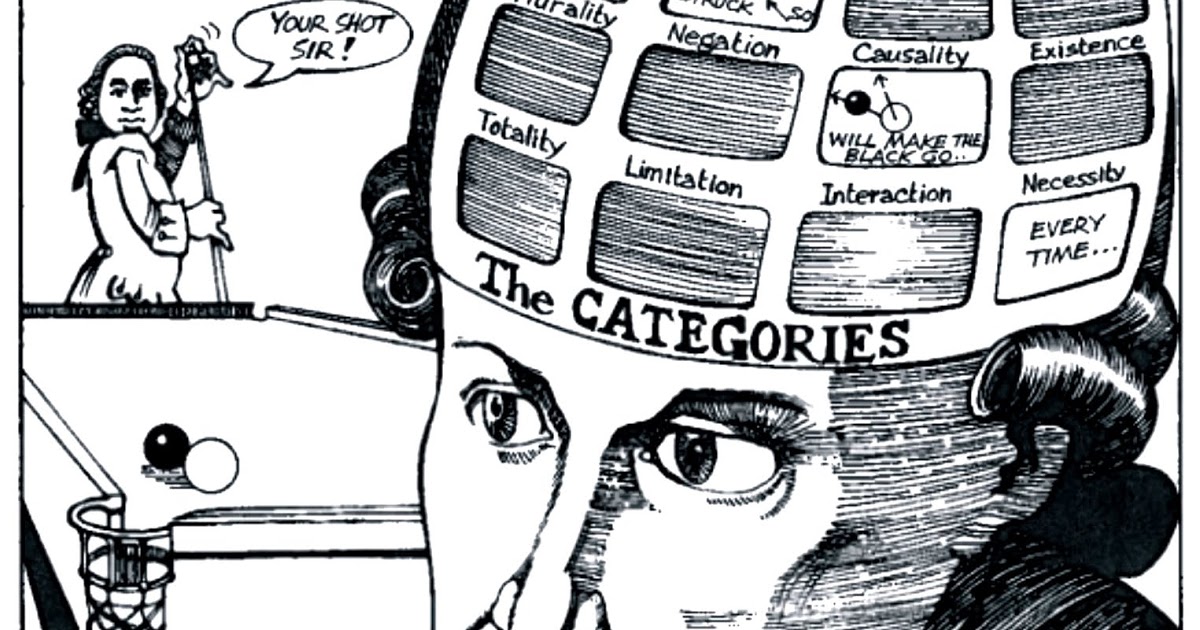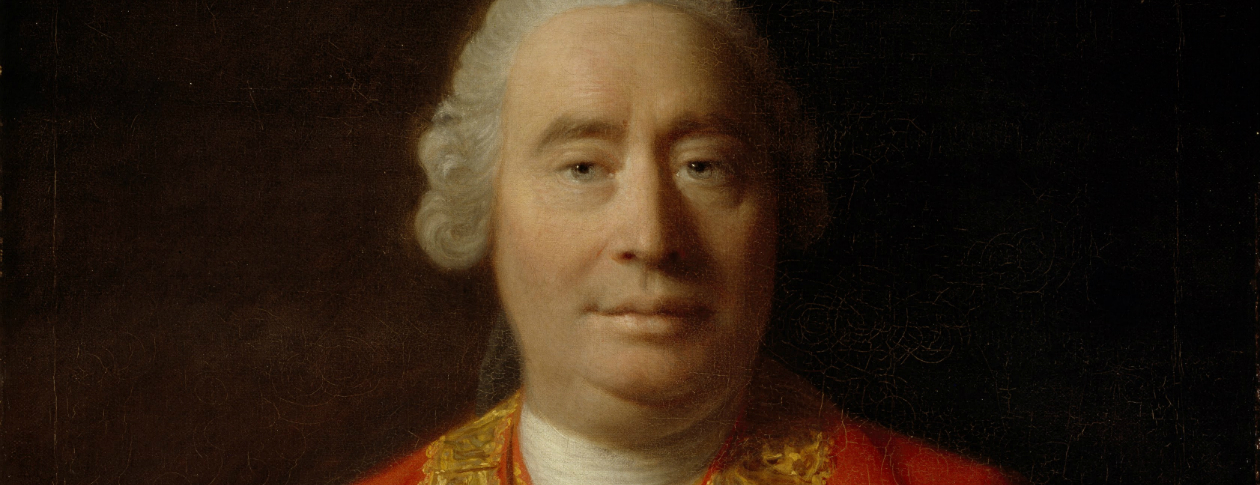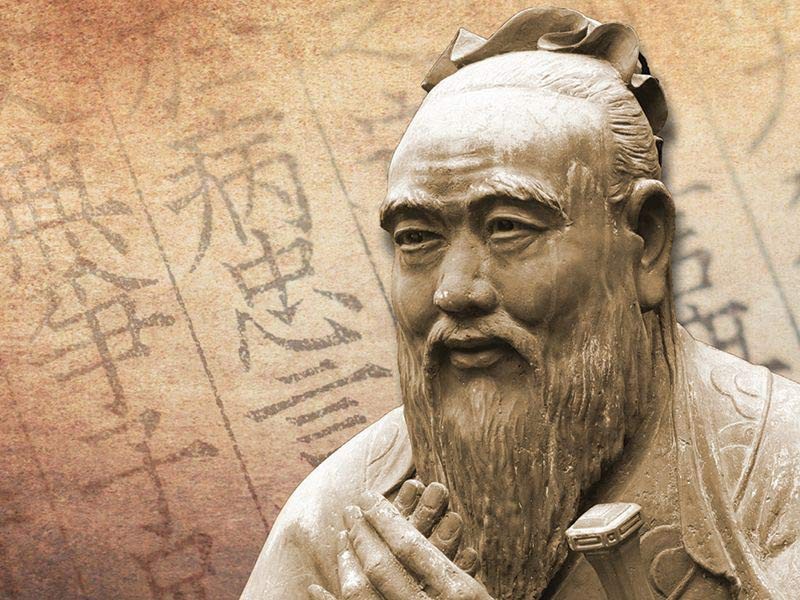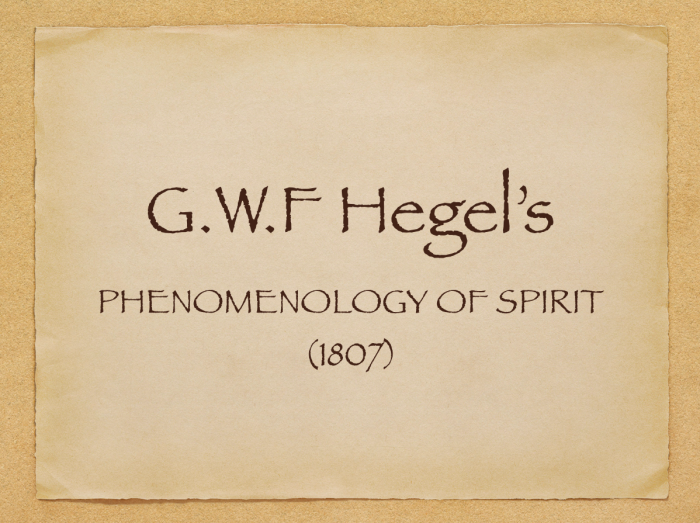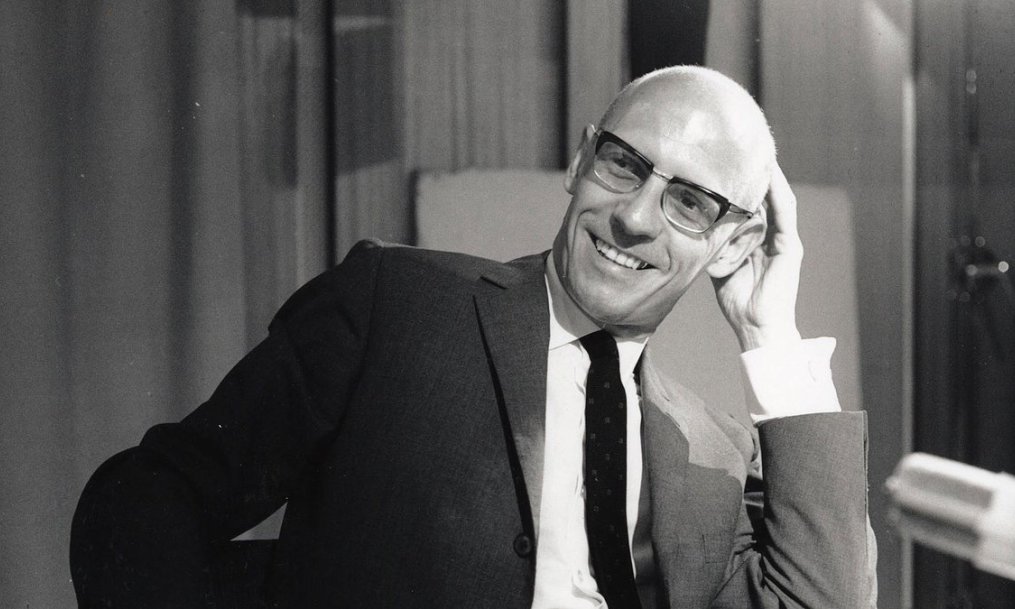
We spoke in the previous section of Kant’s notion of truth lies in human experiences. That we are conscious of the ‘here’ and ‘now’ and we express them into propositions that may or may not be coherent with reality. But what is reality anyways? The only truth for us as a subjecting observer lies in the experiencing. Truth for us is nothing but something subjective and idiosyncratic for us. Nothing can take that away. We tell ourselves this story. It is our only source of truth to keep us going as a unique human being. As (B)eings, substance of experience and ability to rationalize behind the curtains of our irrationality. But we are always in flux, although the ‘now’ of our state is static. The past, present and future are dependent on our current static self, peeling into the chaos that is our projecting future.
The idea of self-consciousness is a pragmatic truth we create for ourselves. It is an accumulation of our experience that we come to conceptualize as such a thing. I can see the heavenly blue sky, but in a couple of hours, I know it will be night. I will experience the same tomorrow and the day after. And because I exist into the future and hold memories of my past, I must exist and live. It is an undeniable fact. How can one refuse such a simple statement from common sense reasoning? But one must be understanding that this chain of reasoning is merely a subjection condition from our cognition. Only a function of thought, an idea that is universally acceptable. It is not from experience that I come to the conclusion of the self, but only a form of apperception, by assimilating the body of ideas that I process.
The same goes for the idea of a pure substance. That I am a collection of my thoughts. Indivisible and centralized to myself. These are mere ideas. What then is the distinction between me proposing that ‘I’ am an individual relative to ‘I’ am that of a collective. Such tension will rest on ideologies conflict, none that are empirical. The idea of personality is the same throughout, although the psychological evidence may contradict if we were to follow the behaviourist line of thought.
We would see the dilemma if we were to posit forward. We have to accept these thoughts regardless of their foundationless bases. For how are we to contemplate the meaning of life without these initial presuppositions. I am a substance, a simple composite of my thoughts, my own identity, I exist to experience reality for myself. These are concepts that we possibly hold as dogmatic and should never use as first principle for further propositions of thoughts. But we can still use it to create meaning and morality for ourselves, for these existential questions lies together at the transcendental plane.
